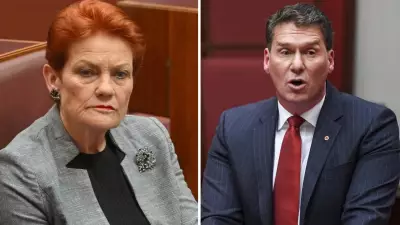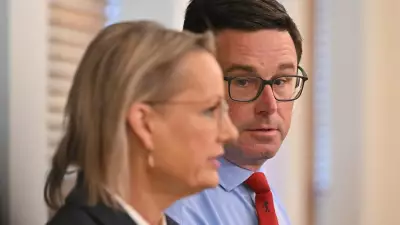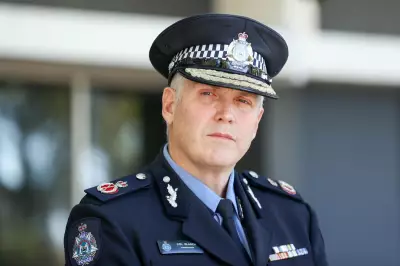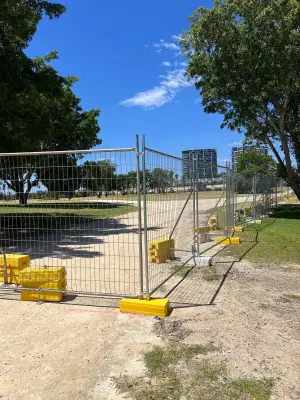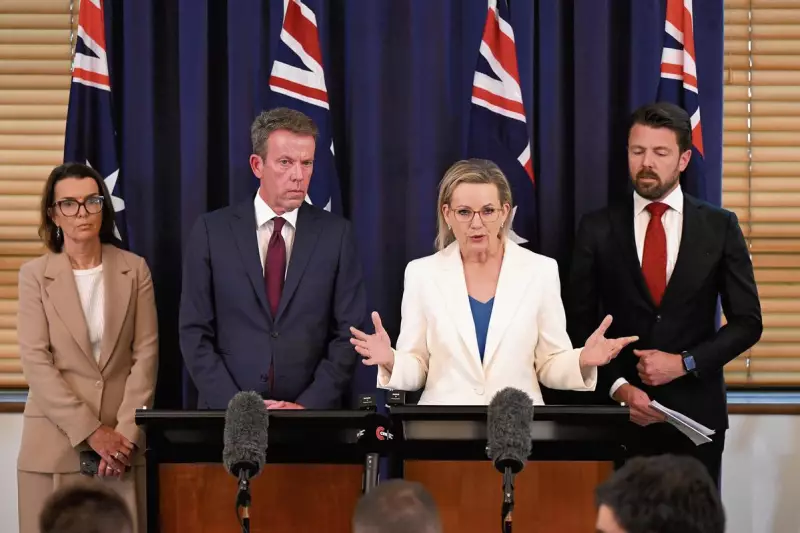
Veteran political commentator Paul Murray has delivered a blunt message to Federal Liberal MPs amid ongoing internal conflicts: stop publicly discussing party matters and focus on presenting a united front.
The Cost of Public Infighting
Murray argues that continuous public airing of internal disagreements is damaging the Liberal Party's credibility and playing directly into Labor's hands. The recent controversy over the Coalition's net zero policy exemplifies this problem, with Prime Minister Anthony Albanese easily dismissing the Opposition as a "divided rabble" and "clown show" while avoiding substantive policy debate.
The situation reached a critical point following the joint party room's ratification of the Coalition's net zero policy last Sunday. Instead of focusing on policy rollout, media attention shifted to leadership speculation involving Sussan Ley and potential challenger Andrew Hastie.
Specific Examples of Internal Division
Murray points to a detailed report in The Australian that revealed deep factional divisions. The publication quoted multiple anonymous Liberal sources, including:
- Two senior moderates claiming most faction members would support Hastie over Ley
- Conservative powerbrokers describing Ley's leadership as "terminal"
- Senator Anne Ruston reportedly disputing agreement on taxpayer-funded coal plants
- Moderates expressing fury over emission reduction policies
The internal conflict became so public that moderate senators Ruston and Maria Kovacic felt compelled to issue a statement through Ley's office denying the media reports and affirming their support for her leadership.
Historical Context and Consequences
Murray draws parallels with previous political eras, noting that similar factional behavior plagued both Labor and Liberal parties during leadership challenges involving Kevin Rudd and Malcolm Turnbull. He emphasizes that voters have little interest in internal party disputes and that public airing of these conflicts only reinforces negative perceptions.
The commentator also highlights the broader impact on candidate selection and party quality, suggesting that factional deals often result in mediocre candidates receiving preference over more qualified individuals, particularly in Senate selections.
The Path Forward
Murray stresses that if Andrew Hastie becomes Liberal leader, he'll face significant challenges leading from Western Australia, citing former Opposition Leader Kim Beazley's grueling schedule that required early morning starts to accommodate eastern states media.
The fundamental advice remains simple: Liberal MPs must adopt greater discipline, stop backgrounding journalists anonymously, and focus their energy on holding the government accountable rather than fighting internal battles. Until they learn this lesson, Murray suggests, they'll continue to struggle against a disciplined Labor government.

